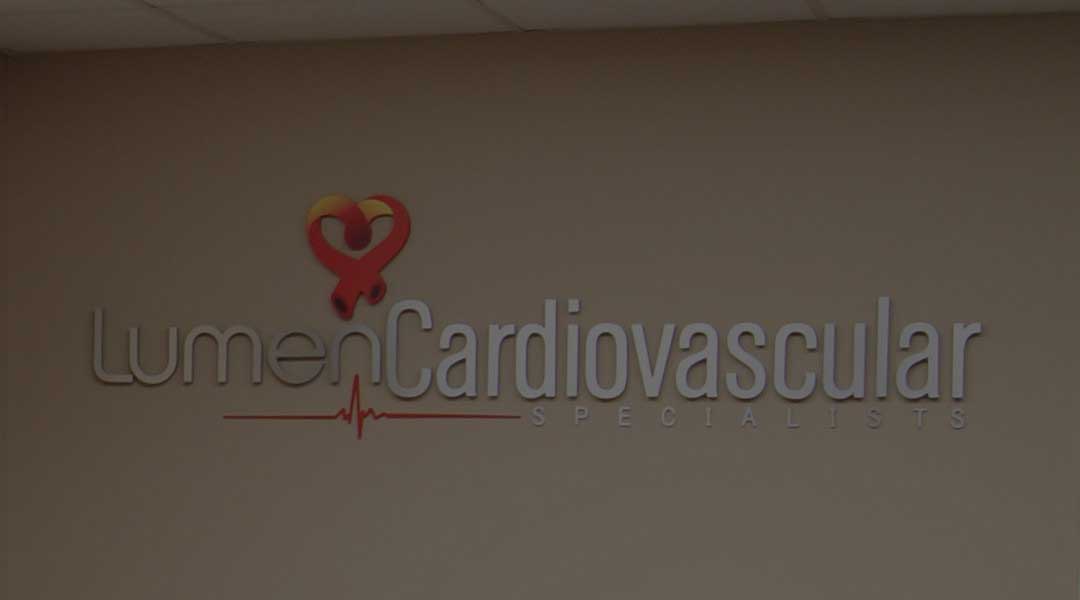The answer is yes! Furthermore, we as physicians need to be careful to look for subtle symptoms. A recent study shows that women who have a heart attack have a higher mortality (chance of dying) at 1 year and 5 years. Women have upper arm pain, neck pain, jaw pain, indigestion, fatigue and weakness as more common signs of heart attack instead of the central or left sided chest pain that men may complain of. Many times the diagnosis is missed or delayed leading the higher complication rate. Women also have plaque erosion versus plaque rupture seen in men. Women are also more likely to have non-obstructive coronary artery disease during cardiac catheterization for non-ST elevation myocardial infarction. It turns out microvascular disease plays a bigger role on women in heart disease.
Is getting your blood pressure to 120/80 really that important?
The recent SPRINT trial asked that same question in patients with hypertension (high blood pressure). The study showed that instead of targeting to less than 140/90, a reduction in cardiovascular events was noted if the blood pressure was targeted to 120/80. There was a 1/3 reduction in heart attack, stroke or congestive heart failure. There was a 1/4 reduction in risk of dying. This has changed the way I treat my patients. Are you optimally managed?
Can heart failure be treated with exercise?
Diastolic congestive heart failure is the most commonly diagnosed form of congestive heart failure. This is a condition where the heart does not relax properly. Recent research is showing that exercise can be used to manage this condition. It is many times underutilized. I have recently published an article about the effects of exercise in diastolic congestive heart failure in the Journal of American Osteopathic Association.



